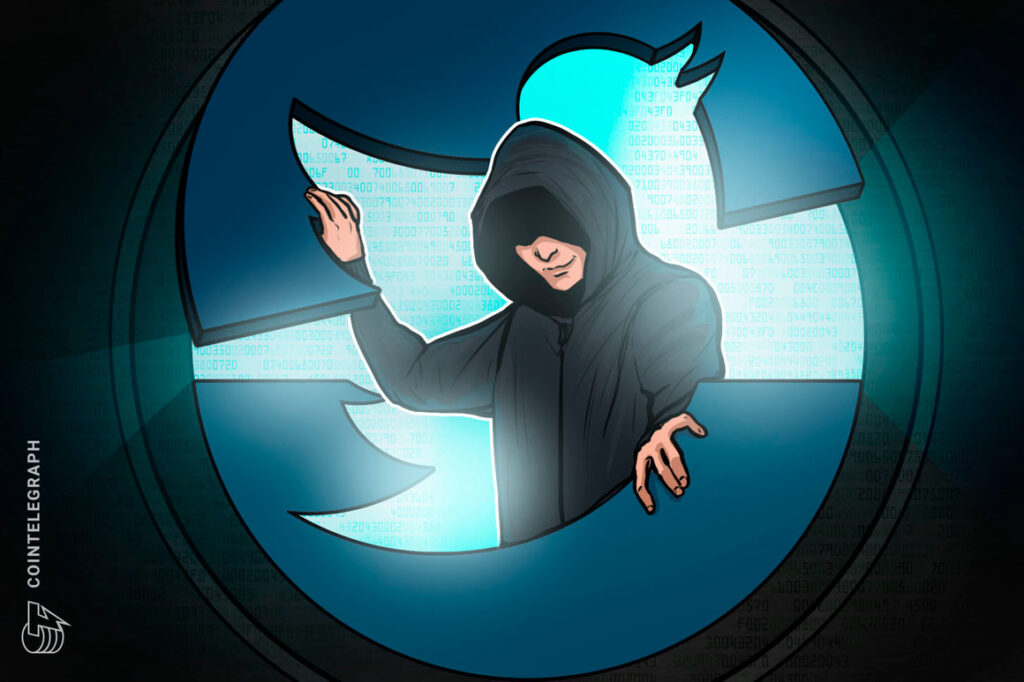[ad_1]
More controversial changes are coming to Twitter, with the social media platform set to introduce daily direct message (DM) limits for unverified users.
In a July 21 tweet, Twitter Support stated that the platform will “soon be implementing some changes in our effort to reduce spam in Direct Messages.”
“Unverified accounts will have daily limits on the number of DMs they can send,” it stated, as it prompted users to sign up for its subscription service Twitter Blue.
We’ll soon be implementing some changes in our effort to reduce spam in Direct Messages. Unverified accounts will have daily limits on the number of DMs they can send. Subscribe today to send more messages: https://t.co/0CI4NTRw75
— Twitter Support (@TwitterSupport) July 21, 2023
It is has not been specified what what the daily limits will be at this stage, however there has been a relatively negative reaction in the comments, with both verified and unverified voicing their opinions on the move.
The top comment from user @FGRAdam has more than 1000 likes at the time of writing, and offers a sceptical take on the upcoming change:
“Changes like this are why other apps will start to compete, don’t limit your users on the basic stuff, this is not what Twitter is about. The point of paying for Twitter blue is so we have additional features not to take away a common, free feature and put a paywall behind it.”
“In our opinion, this is a sales funnel to get more users verified and into [Twitter] Blue, not to combat spam,” added the popular citizen journalist account @AustimCapital.
Several users also argued that limiting DMs for unverified accounts would likely just result in verified accounts being able to spam in DMs anyway.
While others suggested that the move is more about Twitter pushing people to pay for verification to cover its hefty operational costs, rather than fighting spam.
Sounds like Twitter can’t afford to pay for enough server capacity to support DMs anymore. https://t.co/6ovxRxNPVL
— David Olsen (@DDsD) July 21, 2023
The upcoming move follows a host of radical changes to the platform that have been introduced under Elon Musk’s ownership.
Related: Andreessen Horowitz exec sees ‘promising paths’ for Web3 social platforms — EthCC
On July 1, Twitter imposed a significant rate limit on the number of posts users could see daily, in a bid to curb data scraping and “system manipulation.”
This subsequently saw Mark Zuckerberg’s Meta launch a Twitter alternative called Instagram Threads, which drew in a lot of initial hype and a large user base only for it to go and introduce its own rate limits on July 18.
In April, Twitter also rolled out content monetization settings on its platform, enabling creators to monetize all forms of posts globally.
Magazine: Tokenizing music royalties as NFTs could help the next Taylor Swift
[ad_2]

